Aging Wisely Guest Post: Reducing Signs of Brain Age
 Brain health is a topic we get asked about a lot at Aging Wisely and some of our most popular materials include our information on Memory Loss terminology, Alzheimer’s Disease and Sundowner’s Syndrome. Our guest blogger from SharpSeniors.com has explored the topic of brain aging and some preventative, protective steps we can take as we age to give the brain its best chance for healthy aging. You can read more about the author in the bio at the bottom of the article as well.
Brain health is a topic we get asked about a lot at Aging Wisely and some of our most popular materials include our information on Memory Loss terminology, Alzheimer’s Disease and Sundowner’s Syndrome. Our guest blogger from SharpSeniors.com has explored the topic of brain aging and some preventative, protective steps we can take as we age to give the brain its best chance for healthy aging. You can read more about the author in the bio at the bottom of the article as well.
The brain is a marvelous machine unlike any other on the planet. Comprised of bulb-ended nerve cells that look similar to a strand of hair with the root intact, this odd organ has the consistency of firm tofu and the look of greyish-pink spaghetti noodles. In short, it’s kind of ugly, slippery and for the vast majority of people, it’s not very appetizing to look on. Oh, but what a miracle it performs and its health is absolutely essential for the proper working of the body and that amazing cyber-like space called the mind. When the brain is affected, everything is affected, so the health, nutrition and proper function of this rather unattractive mass is highly essential.
Alzheimer’s and dementia are big news in senior health today and many fear the difficult consequences of memory loss and reduced cognitive function. While dementia is a disease process and not an inevitable part of aging, the risk increases with age and there are some less insidious cognitive changes that do occur even in the typical aging brain. While the research is ongoing concerning prevention and cure for these diseases, there are things a senior can do to improve the brain’s chances for health and maintain cognitive fitness.
You are What you Eat
There are some adages that ring as true today as they did when first coined, such as “You are what you eat.” Nutrition always plays a role in the health and well-being of the body especially as it ages, losing natural elasticity and cellular repair. It appears to be no different for the brain, and the right nutrients affect it as much as any place in the body, perhaps more so. The brain is responsible for releasing chemicals and impulses, information and commands to the body in which it sits housed, so it makes sense that a healthy brain is required for the direction and dispensing of such invisible functions.
Omega-3 fatty acids and fruits or vegetables high in antioxidants play a large role in brain fitness. Myriad research has led scientists to understand that diet alone can make a notable impact on brain health. Tests among rats and mice returned favorable results where a blueberry compound was introduced in animals genetically bred to exhibit Alzheimer’s symptoms.
Sugars, specifically glucose, are essential for proper brain function. Have you ever witnessed someone suffering a blood-sugar crash? In extreme cases, the simple act of peeling a banana is beyond the mind of a person whose blood sugar levels are too low. This can happen due to medication switches or diabetes-related problems, but it’s frightening to watch and can even lead to coma. This doesn’t mean that extra donut is essential for good health; it means how and what you eat are important. A study published in 2006 June issue of the American Journal of Geriatric Psychiatry showed measurable changes in the brain after just 14 days where certain eating and lifestyle changes were introduced in seniors. Part of that study included changing eating patterns to five small meals a day to reduce and prevent drops in glucose levels, the sugar energy of the brain. Low glycemic-impact carbohydrates such as those found in whole grains, which burn slower than other carbs, also helped steady the blood sugar levels.
Always with the Exercise!
Self-dispensing advice to cure almost every ailment seems to be the ubiquitous imperative to watch what you eat and keep active. It turns out to be completely true. Physical activity does not necessarily mean hours at the gym; a simple thirty-minute walk a day is sufficient for keeping the body and mind alert and healthy. It extends the lifespan and increases the quality of it. Daily walks are connected with reducing the risk of Alzheimer’s as well. Bottom line: if you can walk, do it. The benefits are too outstanding not to. Stress-reducing exercises also showed as beneficial, reducing the release of a hormone called cortisol, known for a role in impairing memory and damaging brain cells.
Working Out the Mind
Your body isn’t the only thing that needs a good ‘walking’ to stay fit; so does your mind. So how do you walk your brain? While that may sound like the opener to a great punch line, the joke’s on you if you let your brain get lazy and sit in front of the TV all day snacking on bon-bons. The easiest forms of a brain workout include crossword puzzles, word searches, scrabble, and other brain teasers. A good old-fashioned game of memory, where you match cards, or mahjong, which matches tiles, are stellar stretches. Even sudoku can help stimulate the brain’s functions. Do you like video games? Tetris still rules. For strategy games, a rousing round of chess really works the brain’s muscles. Actively practice memory recall by entering a room, picking out several objects quickly, and walking out again. Write down the objects, their placement and description in the room and check your memory. Switch environments and add variety to all activities so the brain doesn’t get too used to just a few.
If you prefer tech to standard games, that can be obliged. Simply surfing the internet has been noted to enhance brain circuitry, and playing video games, especially fast-paced ones, have been determined to assist in motor functions, eye-hand coordination and increased brain activity. Even simulation games, such as for pilots, can do wonders for the mind.
Technology to Improve Existing Conditions
In August of 2012, the results of a Harvard clinical trial were published by Medical News Todayconcerning a non-invasive technology named the NeuroAd Medical Device. It delivers a two-pronged attack to Alzheimer’s by simultaneously using electromagnetic brain stimulation in conjunction with cognitive training on a computer monitor, targeting areas ravaged by the disease. It not only prevented further degeneration but also improved existing functions. Improvement was dramatic and notable, exceeding what medications are currently capable of offering.
More and more breakthroughs are occurring every day; we seem to be on the cusp of understanding dementia and diseases like Alzheimer’s, their causes and their prevention. This is exciting, hopeful news but until they can be cured or completely prevented, taking the health of your brain in hand, so to speak, is a pro-active solution to giving your brain the best chance for good health. Engage your body and brain on a regular basis; don’t get lazy about it, and take charge of your age.
Author Bio: Sarah-Elizabeth R comes from a long line of professional writers. Her extensive experience writing for various online and in print publications has given Sarah a distinct style which showcases her writing as unique, versatile, and personal. She is currently the head writer for Sharp Seniors.com, where she writes on the important issues facing today’s aging population.
If you want to understand more about memory loss and the terminology related to dementia, we encourage you to download our fact sheet about memory loss below, or call us with your questions or concerns. We help families during all stages of dealing with memory loss and dementia, from ascertaining a diagnosis to preparing ahead, finding assisted care options and navigating care along the way.
<

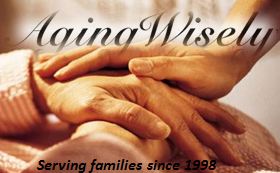
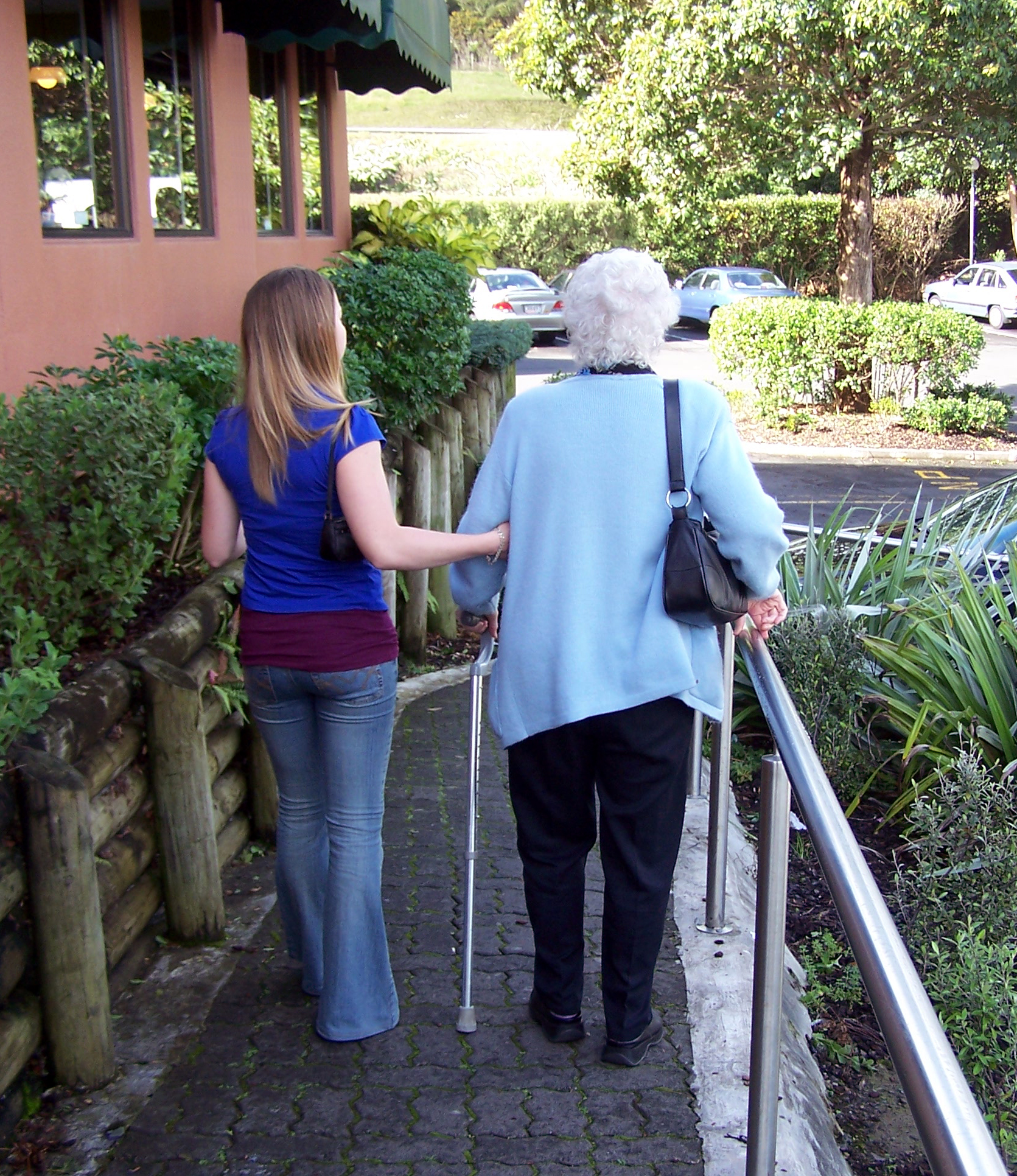 Recognizing and Supporting Youth Caregivers
Recognizing and Supporting Youth Caregivers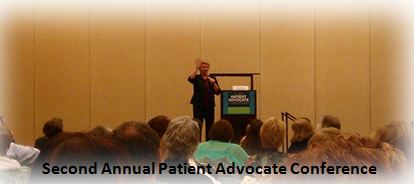 The field of patient advocacy is a relatively young field, though the work of advocacy has been going on forever and many different professional roles include a duty of advocacy. As care managers,
The field of patient advocacy is a relatively young field, though the work of advocacy has been going on forever and many different professional roles include a duty of advocacy. As care managers, 
 Some people just have a talent for buying meaningful gifts and a natural inclination for knowing the right thing to say or do in a tough situation. Some of us have a good heart, but need a little inspiration!
Some people just have a talent for buying meaningful gifts and a natural inclination for knowing the right thing to say or do in a tough situation. Some of us have a good heart, but need a little inspiration! Finding just the right way to give is a bit of a detective game, as any of these suggestions could be right or wrong depending on the individual’s situation. However, knowing you care and support the person is always a gift worth giving. Just listening and spending some time together can mean a lot. If you know of resources and ideas to help or can do a little research for the caregiver, that might also be a welcome (and useful) gift.
Finding just the right way to give is a bit of a detective game, as any of these suggestions could be right or wrong depending on the individual’s situation. However, knowing you care and support the person is always a gift worth giving. Just listening and spending some time together can mean a lot. If you know of resources and ideas to help or can do a little research for the caregiver, that might also be a welcome (and useful) gift.  Who would benefit from a care consultation? If:
Who would benefit from a care consultation? If:
 We have been covering some essential advice for families who provide eldercare help to their aging parents or other loved ones, particularly focused on the complexities of managing medical care. Becoming a loved one’s advocate takes a lot of preparation and a steep learning curve. You have to be a skilled communicator, negotiator, relationship builder and a smart researcher. You may feel like you have to learn a whole “new language”–terms like HIPPA, explanation of benefits, observation status, skilled nursing care and of course, the actual medical terminology for diseases, treatment, medications.
We have been covering some essential advice for families who provide eldercare help to their aging parents or other loved ones, particularly focused on the complexities of managing medical care. Becoming a loved one’s advocate takes a lot of preparation and a steep learning curve. You have to be a skilled communicator, negotiator, relationship builder and a smart researcher. You may feel like you have to learn a whole “new language”–terms like HIPPA, explanation of benefits, observation status, skilled nursing care and of course, the actual medical terminology for diseases, treatment, medications. As a follow up to our previous article on making vital elder care decisions on behalf of a loved one, we wanted to provide some additional details on the relatively new Florida Power of Attorney statute. This is also a reminder for seniors everywhere and their caregivers to review your estate planning and advance care planning documents from time to time to ensure they are current with new laws as well as your life changes.
As a follow up to our previous article on making vital elder care decisions on behalf of a loved one, we wanted to provide some additional details on the relatively new Florida Power of Attorney statute. This is also a reminder for seniors everywhere and their caregivers to review your estate planning and advance care planning documents from time to time to ensure they are current with new laws as well as your life changes.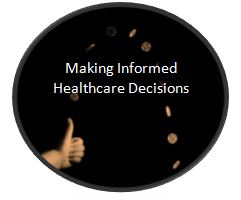
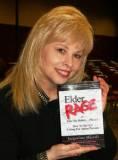
 Hospital readmissions are costly not only to Medicare but to the elders and families involved.
Hospital readmissions are costly not only to Medicare but to the elders and families involved.  Popular Downloads
Popular Downloads


 Get Our Newsletter!
Get Our Newsletter! Mission Statement
Mission Statement

